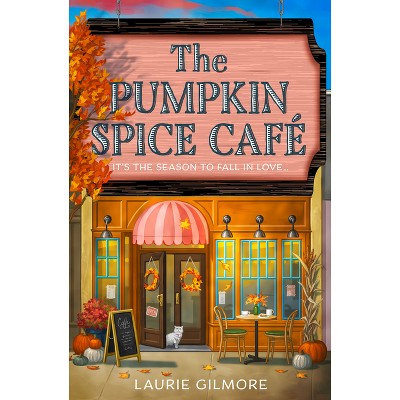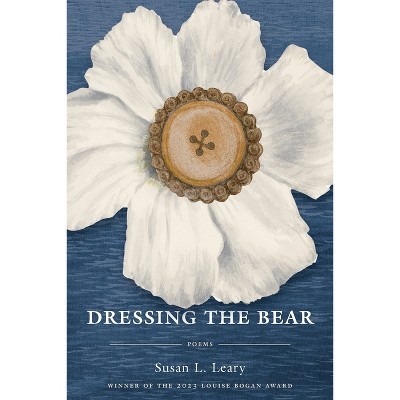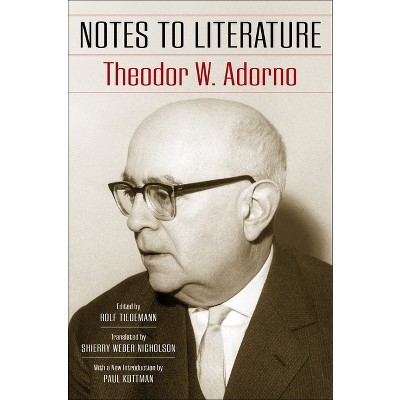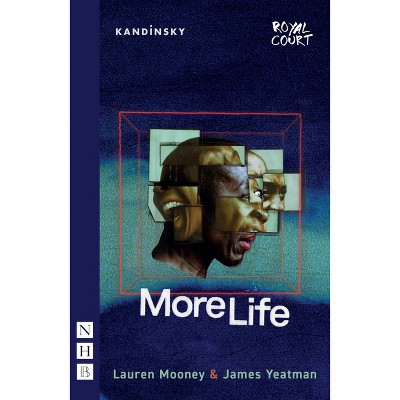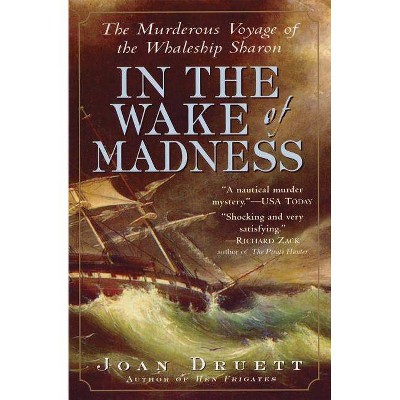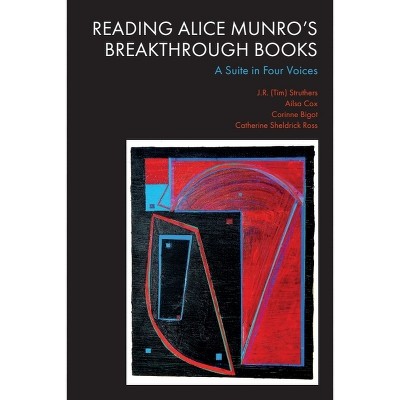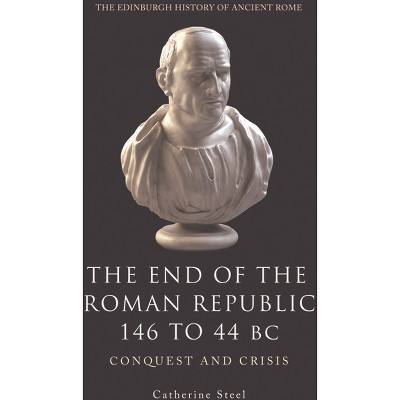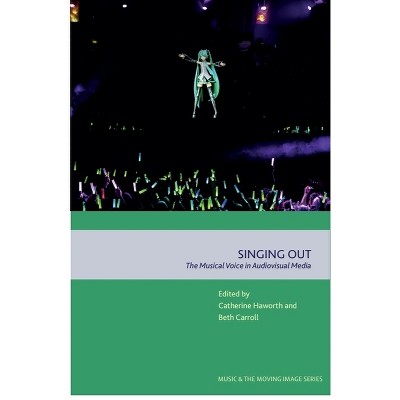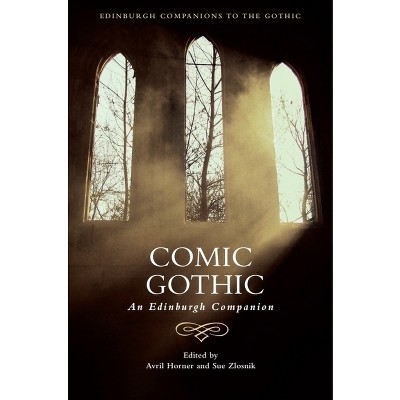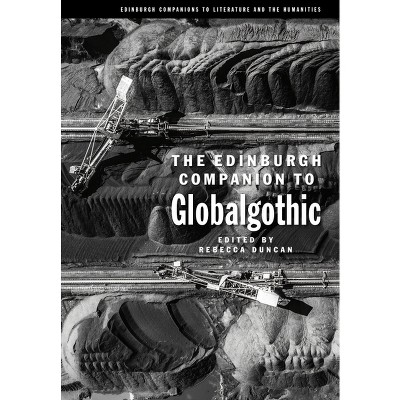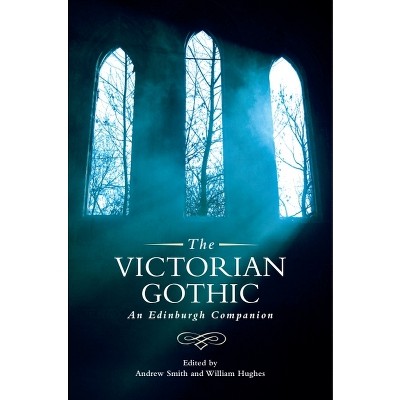Sponsored

Tales of the Troubled Dead - by Catherine Belsey (Paperback)
In Stock
Sponsored
About this item
Highlights
- Considers the ways ghost stories appeal to our uneasy relationship with conventional good senseWhat do they want, the ghosts that, even in the age of science, still haunt our storytelling?
- About the Author: Catherine Belsey was a critic and cultural historian.
- 288 Pages
- Literary Criticism, Gothic & Romance
Description
About the Book
Follow this vividly recounted ghostly trail through spooky stories from the past and present by Ann Radcliffe, Washington Irving, Emily Brontë, Nathaniel Hawthorne, Henry James, M. R. James and Susan Hill.
Book Synopsis
Considers the ways ghost stories appeal to our uneasy relationship with conventional good sense
What do they want, the ghosts that, even in the age of science, still haunt our storytelling? Catherine Belsey's answer to the question traces Gothic writing and tales of the uncanny from the ancient past to the present - from Homer and the Icelandic sagas to Lincoln in the Bardo. Taking Shakespeare's Ghost in Hamlet as a turning point in the history of the genre, she uncovers the old stories the play relies on, as well as its influence on later writing. This ghostly trail is vividly charted through accredited records of apparitions and fiction by such writers as Ann Radcliffe, Washington Irving, Emily Brontë, Nathaniel Hawthorne, Henry James, M. R. James and Susan Hill. In recent blockbusting movies, too, ghost stories bring us fragments of news from the unknown.
From the Back Cover
Considers the ways ghost stories appeal to our uneasy relationship with conventional good sense What do they want, the ghosts that, even in the age of science, still haunt our storytelling? Catherine Belsey's answer to the question traces Gothic writing and tales of the uncanny from the ancient past to the present - from Homer and the Icelandic sagas to Lincoln in the Bardo. Taking Shakespeare's Ghost in Hamlet as a turning point in the history of the genre, she uncovers the old stories the play relies on, as well as its influence on later writing. This ghostly trail is vividly charted through accredited records of apparitions and fiction by such writers as Ann Radcliffe, Washington Irving, Emily Brontë, Nathaniel Hawthorne, Henry James, M. R. James and Susan Hill. In recent blockbusting movies, too, ghost stories bring us fragments of news from the unknown. Catherine Belsey is a critic and cultural historian. After an academic career at Cambridge, Cardiff and Swansea, she now visits the University of Derby for talks with the students.Review Quotes
'an engaging examination of the persistence of these shivery tales in the western canon, '
--Erica Wagner "The Financial Times"A fine reading of ghost stories in the western cultural context ... loaded with perceptive insights and sharp wit. Keeping our doors of perception open in search of the phantoms that exist only in the mind, she lets us rediscover the unresolved tensions of belief and orthodoxy that range across centuries.
Belsey's book is a delightful read and the insights it affords the inquisitive reader are bound to be unlimited. The entire book is an instance of haunted writing.
--Dr Murali Sivaramakrishnan "The Hindu"In Tales of the Troubled Dead Belsey provides a lively and thorough account of a slippery subject. Marshalling a vast range of ghost stories from Homer to the 2017 Man Booker Prize-winner Lincoln in the Bardo, plus a good helping of 'true accounts', she asks what the ghosts of our imaginations do, where and when they appear, how they dress, move and communicate - and how they reflect their times .... Today, as Belsey suggests in an elegant coda, the idea of the ghost is so deeply embedded in our ways of thinking about history, story-telling and our place in the world that we can hardly do without it.
--Susan Owens "Times Literary Supplement"About the Author
Catherine Belsey was a critic and cultural historian. After an academic career at Cambridge, Cardiff and Swansea, she visited the University of Derby for discussions with the students. She lived in Cambridge and chaired a range of reading groups in the area on an occasional basis. (dec.February 2021)
Shipping details
Return details
Frequently bought together
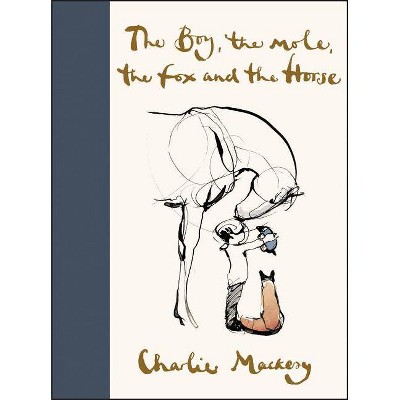

Trending Book Deals





